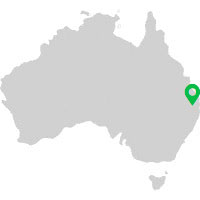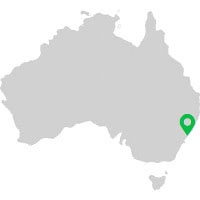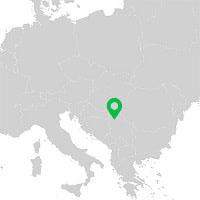

The web developer whom you hire to optimise your website suggested that you also employ an SEO writer to do your content and blog posts. Because you are new with SEO, you just cannot get it: Why will you pay for someone to post blogs and why will you create a blog account for your business when you already have a website?
Blogging may have started as an activity to create an online diary, but it is now an effective marketing tool to increase the visibility of your company over the Internet. It lets you perform some SEO strategies to improve your search engine page ranking. What are these tactics, you may ask? Check these:
Do not make your blogs appear like an advertisement. People will not read them, especially if they are not interested in the products that you market. Instead, write content to build communication with them. For instance, inform them how skin itching makes you feel uncomfortable and embarrassed. Discuss your experiences and how they affected your daily activities and your relationship with your friends. At the last two or three paragraphs of your blog, tell them how you find the solution in the products that you use. Remember to be as objective as you can so you can avoid doing a hard-sell and instead appear to be credible in sharing information.
As you write, try to include keyword phrases in your blogs. Mention your primary keyword only a few times so your readers will not recognize them – but your search engines will. Mention the first one in the first paragraph.
With these keywords, it will be easy for search engines to understand your subject and index them. Likewise, use keywords in your title so it appears in the URL and in the page title. Again, you are enabling the spiders to index your page with ease.
Search engines prefer websites that are updated with their content. This is why you will have to publish articles on your website and in your blog regularly. If for any reason you think you cannot possibly do this, ask someone to do this for you. However, make sure that you read the blogs first before publication.
WordPress allows bloggers to create anchor texts and backlinks to their content. However, make sure that it is highly relevant.
Have you noticed the box where you are allowed to write a summary for your content? Do not leave this blank. Give importance to this the same way as you offer value to your description meta tag, which searches engines index and place in the search engine results page. Again, include your keywords here. But get easy on your words so they will appear as a blog summary – not as an advertising teaser.
Desktops are still the most widely used mediums for searching on the internet, but trends are quickly changing. There is a growing number of users that prefer browsing the internet on their mobile phones. It’s estimated that around fifty per cent of internet traffic can be attributed to searches made by mobile phones. If you want to reach the largest possible audience, you’re going to need to optimise your website for this demographic. Google also looks at mobile phone optimisation for their rankings. If your website isn’t easy to browse on mobile, it might not be favoured by search engines.
Social media is one of the best ways to get your quality content shared with as many people as possible. For starters, it’s entirely organic. If people enjoy your content, it’s very likely that they will share it with their friends and acquaintances.
Social media is a goldmine for search engines. You’re getting your links shared on various platforms which give legitimacy to your page. If your blog is shared on a high-authority social media page, it’s going to be ranked much higher by search engines.
Your own posts shouldn’t be neglected either. Promote your website and the content of your blog regularly. Any time you cover an interesting topic it would be wise to share it with your social media followers. This way they can stay informed and you will build a steady following.
Images do wonders for all kinds of web pages. Did you know that people are more likely to trust the information from a page that features images? Visual confirmation of something helps build trustworthiness. Your blog post should contain a couple of images that match the content. Two or three should do the trick.
Search engines can’t read images properly, which is why they use the image metadata and description in order to index them. Choose the words in your description carefully. Don’t try to stuff it with keywords because search engines will disregard too many of them. Make sure you have an apt description that will let users find the image and the text that goes with it.
Videos help give legitimacy to your blog post. Not every kind of topic can have a featured video, but you should strive to include one with every post. Users consider videos to be a much more comfortable way to get content delivered to them.
The title of the blog is one of the first things the search engine notices and it may be the most important aspect. The title gives you the shortest description of what your article is about. Matching the title to potential search queries will give it a good chance to be noticed by search engines.
The metadata of your title is also important. You should use it to further describe the article and you can stick a keyword or two in there. Don’t overdo it because this will not help your page rank higher.
With your blog posts, do not be surprised if your blog site appears to be ranking higher than your website or if at one time it is the only one that is included in the search engine results page. This is because search engines visit and index blog sites often.


How to Develop a Unique Digital Marketing Strategy for E-Commerce


How to Generate Traffic from Facebook Page








Dunavska 13
21000 Novi Sad, Serbia